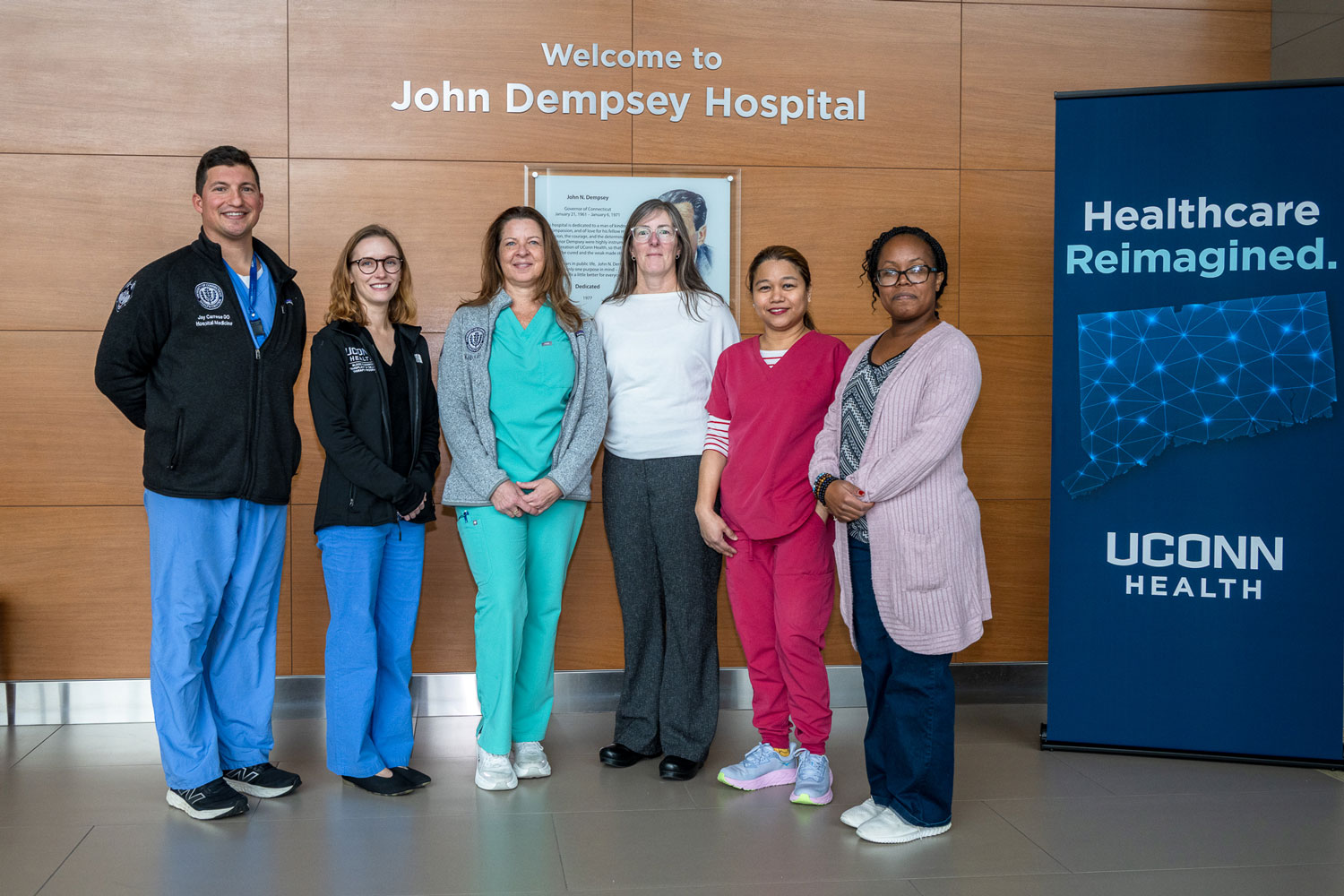Richard “Dick” Cooper, professor emeritus of marine sciences, died suddenly at home on Jan. 28. Cooper played a key role in establishing UConn Avery Point as a Center of Excellence in Marine Research.
His accomplishments were many and he touched many lives both professionally and personally, says Ivar Babb, director of the Northeast Underwater Research Technology and Education Center at the Avery Point campus.
Cooper was the former director of the National Undersea Research Center at UConn, where he implemented research programs using underwater vehicles across New England, the Great Lakes, and in places around the world, including the rift lakes of east Africa, Russia, Taiwan, and Israel. He also was a former director of UConn’s Marine Sciences & Technology Center, and was instrumental in acquiring the University’s flagship research vessel, the RV Connecticut, and construction of the new Marine Sciences Building.
His research focused on the use of research submersibles, and he was an expert in the ecology of submarine canyons and the Gulf of Maine. Cooper taught courses that culminated in taking students on research cruises using submersibles, giving them first-hand experience in the excitement of ocean research. He also founded the High School Aquanaut Program, which fostered interest in science and stewardship for the oceans for hundreds of high school teachers and students.
Before coming to UConn, Cooper was a biologist at the National Marine Fisheries Service Laboratory in Woods Hole where he led the Manned Undersea Science & Technology group. Early in his career he was involved in many of the nation’s first experiments in saturation diving and undersea habitation, where he saw firsthand the potential for using this technology to advance science.
He was an aquanaut on the Navy’s Sealab III program off California, Tektite in the Virgin Islands, and Helgoland in the Gulf of Maine. Later in his career he returned to these roots, developing the concept of SeaBase, a modern undersea habitat that would promote awareness of ocean issues.
Cooper inspired and fostered many careers in marine science, and his legacy will live on through his students, and former staff and colleagues.
“Dick was tremendously dedicated to his family and friends, where he also was willing to lend a sympathetic ear, a helping hand, and sometimes the shirt off his back,” says Babb. “While many would be happy to sit and recount past accomplishments at the end of their career, Dick formed two foundations to promote the potential for educational and recreational use of saturation diving and was working on these projects to the end. His positive gung-ho outlook on life will be sorely missed.”
Cooper leaves his wife of 50 years Paddy Cooper, sons Chris and Jeff, and daughters Cathy and Wendy.
Donations in his memory may be sent to the University of Connecticut Foundation – Richard A. Cooper Maritime Scholarship Fund, 2390 Alumni Drive, U-3206, Storrs, CT 06269-3206.



